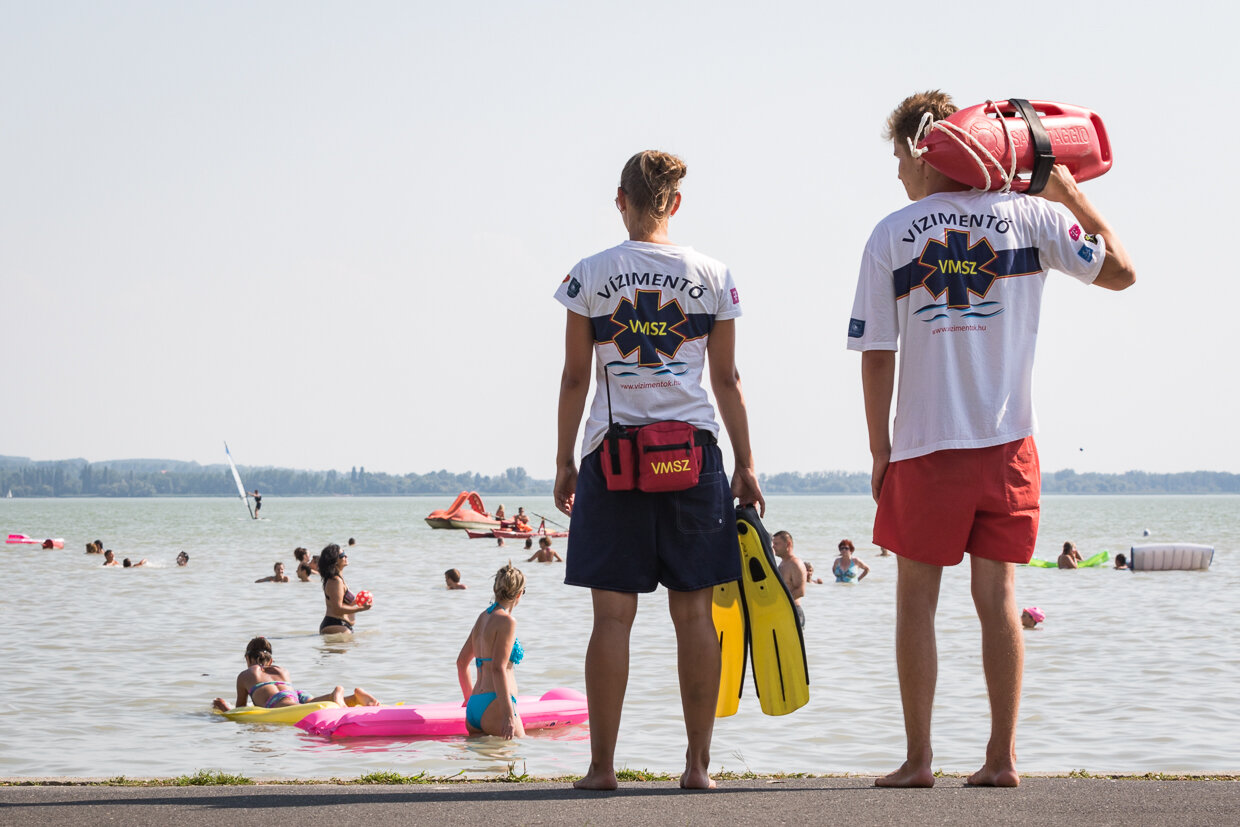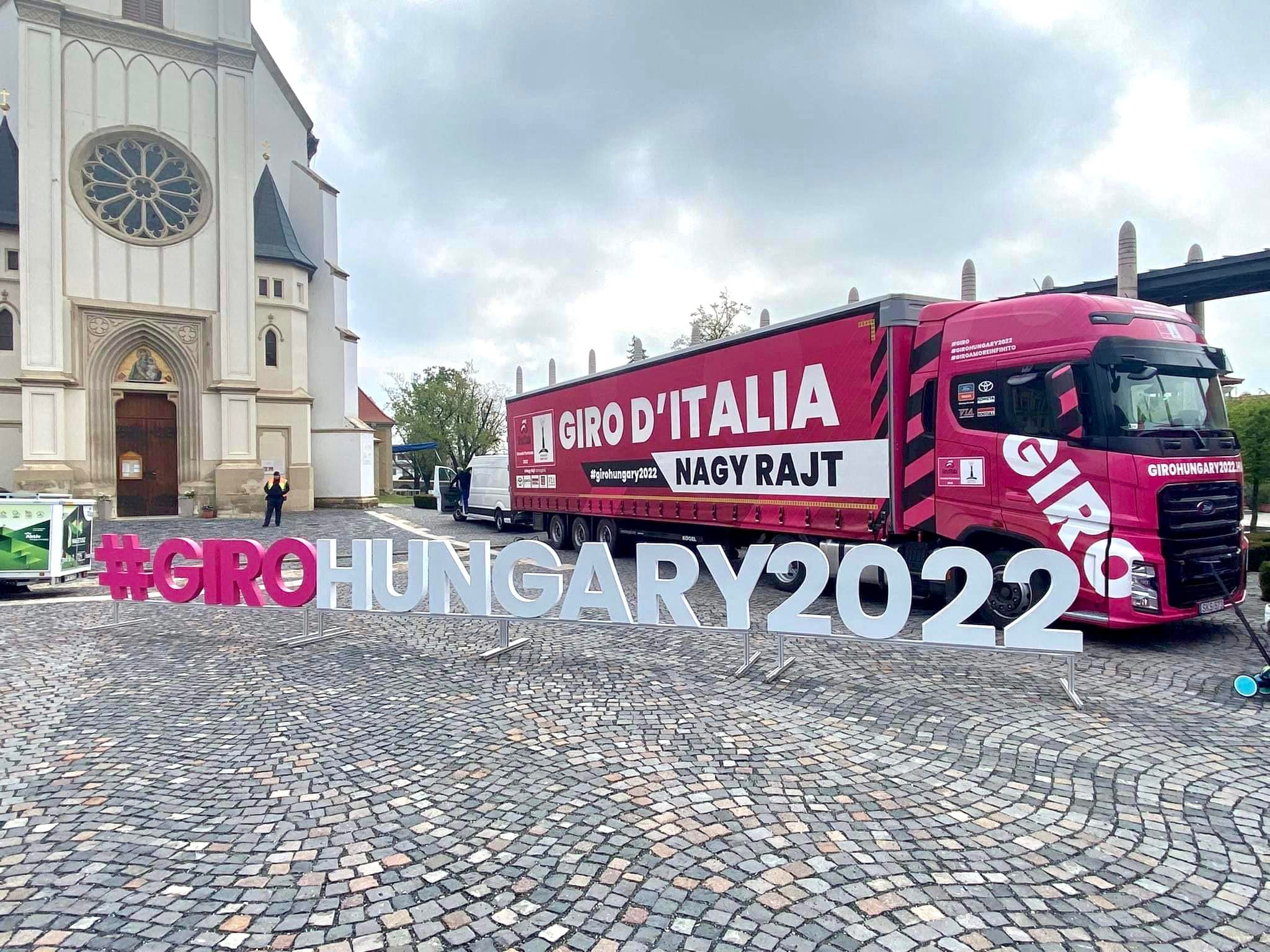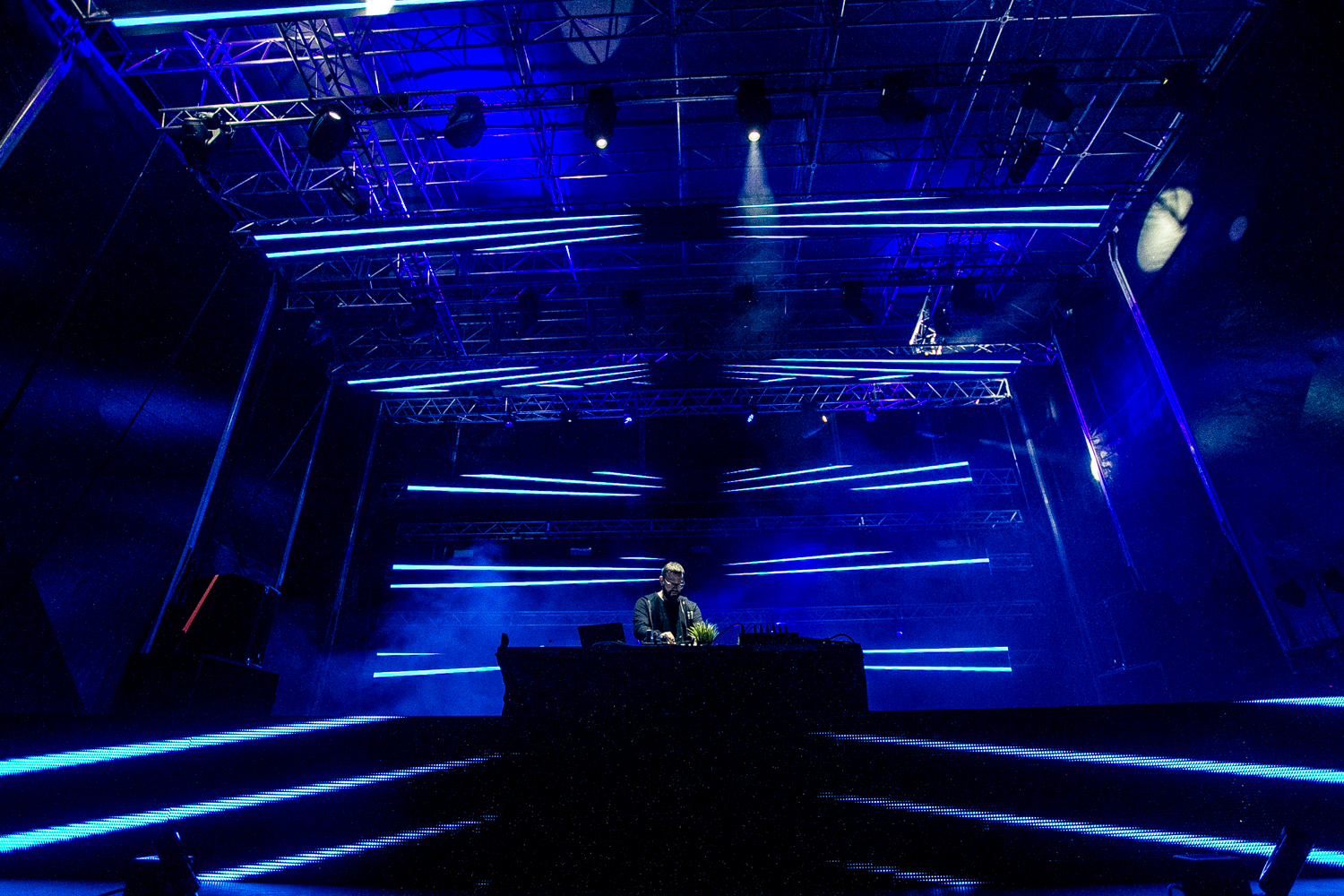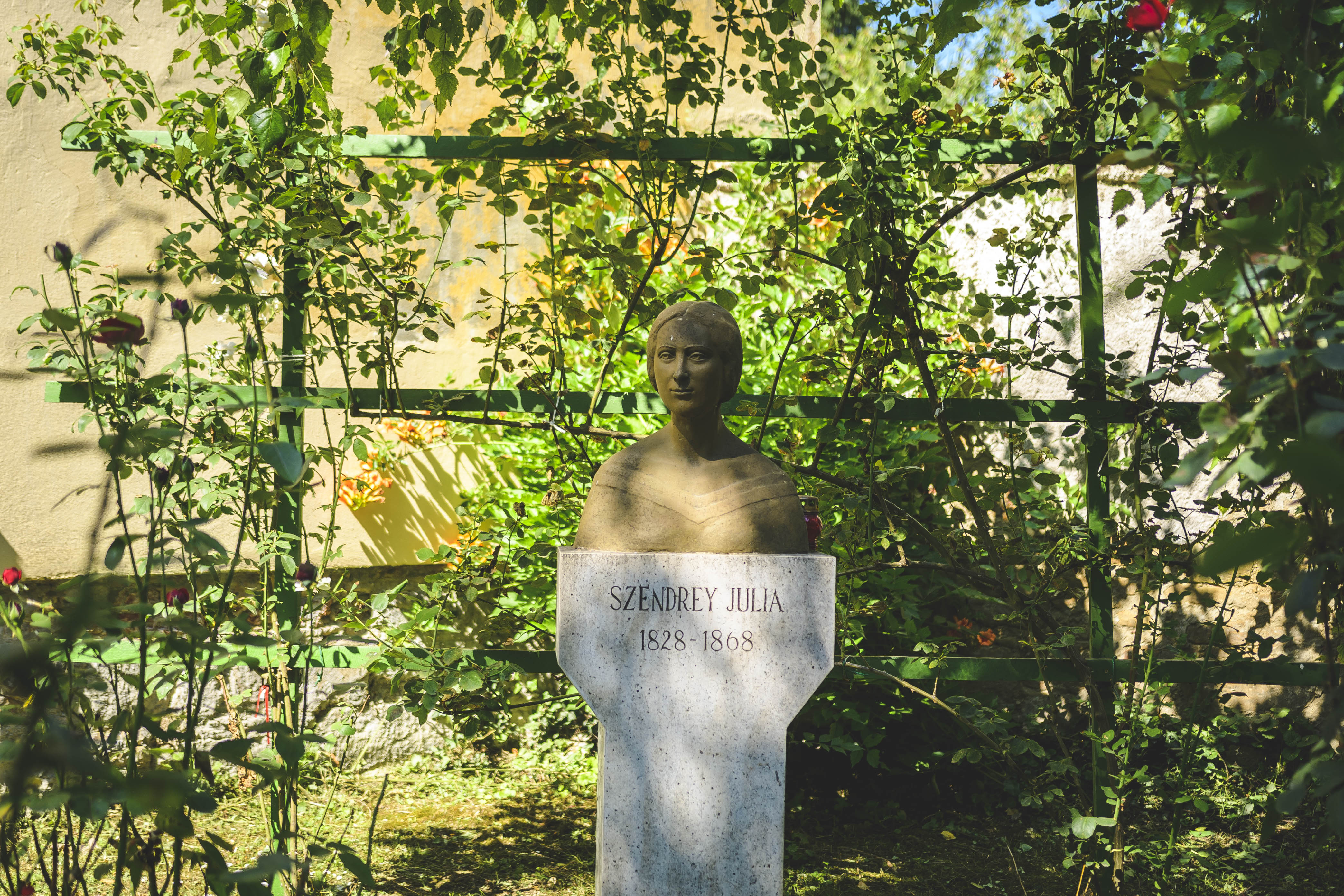“Sometimes it’s hard to co-operate with beachgoers. But let’s look at it from another angle: people come to Balaton to enjoy their holiday and finally get away from the hamster wheel, so they don’t want anyone telling them what they can and can’t do. That’s not what we want to do either, but it’s our duty to be vigilant, and warn people if we need to,” – VMSZ President Sándor Bagyó explains the challenges facing lifeguards at the beach when we sit down to talk.

We are at the beach in Vonyarcvashegy where a few weeks ago a young woman was struck by lightning in the water and needed resuscitation. “The storm signal was set to second degree, and we were busy trying to get people out of the water. Suddenly, we heard a deafening clap as the lightning hit the lake. The girl’s boyfriend noticed that she had disappeared under the water, so he brought her up and out to the shore. The lightning must have struck very close to where she was standing because she didn’t have any burn marks on her skin, but her lungs filled up with water. She was probably rendered paralyzed and sank to the bottom,” – Gergő Siklódi recounts the incident. He was the lifeguard on duty, who together with some medical students attempted to revive the young woman.
“She was lucky because everyone acted very quickly around her. Her boyfriend, the students and the lifeguards who immediately alerted the GP on call and called an ambulance,” – notes Sándor.

Evelin Kocsis is another lifeguard who was there to help rescue the girl in distress – she says their instincts kicked in and they could instantly recall everything they had learnt over the nine days of lifeguard training. It was only later that they had time to really think about the horror of what happened. “The fact that we were able to handle things so well and we knew what to do gave us a lot of confidence. The huge adrenaline rush you get when there’s a crisis like this makes you want to be all the more committed to saving lives,” – adds Gergő.
“There’s no time to think in an emergency, that’s why we are very thorough when teaching the basics at our training sessions, and that’s why every lifeguard has to take a refresher exam at the beginning of each season before they start work. Without passing the exam, they cannot be employed in that season,” – Sándor Bagyó tells us.

Gergő says it’s often difficult to handle irresponsible beachgoers. “I can ask people several times to leave the water when there’s a second-degree storm signal, but I cannot force them to do anything. Even if a minor is at risk, all I can do is report it to the water police. We are there to warn and ask, but it’s in everyone’s own interest to act responsibly to avoid such incidents.”

People at the beach are often irresponsible: many of them stay in the water even if there's a storm raging, others stand on the shore and watch the lightning with their jaws dropped. According to Sándor Bagyó, people act this way because they think they are going to be safe, and nothing bad can happen to them. That can be a mistake they have to pay for later: they can be paralyzed or even lose their lives if things turn out worse.
In August VMSZ launched a road show around Balaton to spread awareness. With the slogan “Your hand can save lives!”, the water rescue organization seeks to teach people the basics of CPR and acquaint them with the tools used by lifeguards.

Sándor Bagyó tells us that operating VMSZ, celebrating 15 years this year, takes massive efforts each season. The biggest water rescue organization in Hungary doesn’t receive state funding at all. There haven’t been any major tenders for development since 2009, so all they can depend on is the meagre funds provided by the Lake Balaton Development Council. The rest of their budget is generated by the beach lifeguard service, the trainings, participation at various events and donations from a number of companies.
The VMSZ president points out that the organization could take a huge step forward if they had permanent state funding because they already have an abundance of devoted people.

“Our lifeguards earn 4,000 HUF/day and we can provide them with free accommodation. Of course, on the other side of the border you can get several times as much for the same job, and we’d be happy to pay them more, but this is all we can manage for now. It’s not easy to recruit enough people, which is due in part to the low wages, but many of those who have tried what it’s like to spend a summer working as a lifeguard by Lake Balaton return to us,” – says the VMSZ president.

The operators of every beach (not only at Balaton) are obligated to make sure that there is a water rescue service on site. However, the law doesn’t stipulate how many lifeguards are required to be on duty on a beach of a particular size, so the authorities often issue licences even if there are fewer lifeguards than would be reasonable. Sándor Bagyó says most beaches should have much more people than they actually do. “We lobby extensively for safe beaches. Every year we voice our opinion, and make a recommendation for the number of lifeguards we think is professionally justified. It’s in our interest too that we fulfil our obligations in a professional manner,” – Sándor adds.





